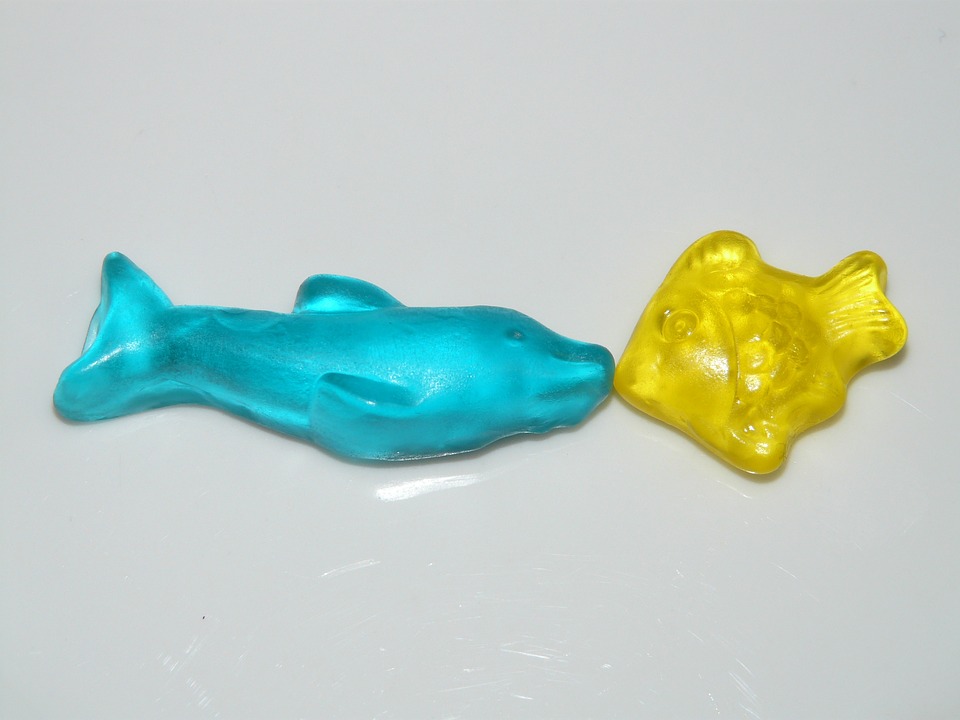Fish Behavior: How to Recognize and Address Abnormal Stress
Fish, just like any other living beings, experience stress. Stress in fish can arise from various factors, including water quality, tank conditions, compatibility with tank mates, and even changes in their environment. As fish owners, it is crucial to understand and recognize abnormal stress behavior in our aquatic friends to ensure their well-being. In this article, we will explore the signs of abnormal stress behavior in fish and provide you with effective ways to address it.
Signs of Abnormal Stress Behavior in Fish
1. Loss of Appetite: One of the most common signs of stress in fish is a sudden loss of appetite. If your fish is usually a hearty eater but has suddenly stopped eating or is only nibbling at their food, it could indicate stress.
2. Erratic Swimming Patterns: Stress can cause fish to exhibit erratic swimming patterns. They may dart around the tank, collide with objects, or swim in an unusually frenzied manner. Conversely, some fish may become lethargic and spend more time hiding.
3. Color Fading or Darkening: A stressed fish may experience changes in its coloration. Some fish may become paler, while others may darken or develop blotchy patterns. These color changes can be a clear indication of stress.
4. Gasping at the Surface: If you notice your fish spending an excessive amount of time at the water surface, gasping for air, it could be a sign of stress. Poor water quality, low oxygen levels, or high ammonia/nitrite levels can contribute to this behavior.
5. Fin Clamping or Damage: Stressed fish may clamp their fins tightly against their bodies or show signs of fin damage, such as fraying or splitting. This behavior can be an indicator of stress-induced physical distress.
Addressing Abnormal Stress Behavior in Fish
1. Maintain Optimal Water Conditions: Ensuring a clean and suitable environment for your fish is vital to their well-being. Regularly test the water parameters, including temperature, pH, ammonia, nitrite, and nitrate levels. Perform water changes as needed to maintain optimal conditions.
2. Provide Adequate Hiding Places: Creating a well-planted tank or adding artificial decorations that offer hiding places can help reduce stress in fish. These hiding spots provide a sense of security, allowing fish to retreat when they feel threatened or overwhelmed.
3. Maintain a Balanced Diet: Providing a balanced and varied diet is essential for the overall health of your fish. Consult with a knowledgeable fish expert or do thorough research to ensure you are offering the appropriate food for your specific fish species.
4. Avoid Overstocking and Incompatible Tank Mates: Overcrowding and housing incompatible fish together can lead to increased stress levels. Research the compatibility of different fish species before adding them to your tank and ensure you have an appropriate tank size for the number of fish.
5. Minimize Environmental Disturbances: Sudden loud noises, bright lights, or excessive vibrations near the tank can stress out fish. Place the tank in a calm and quiet location to minimize these disturbances.
Frequently Asked Questions about Abnormal Stress Behavior in Fish
Q: Can stress in fish be contagious?
A: No, stress itself is not contagious among fish. However, stress-inducing factors, such as poor water quality or aggression from tank mates, can affect multiple fish simultaneously.
Q: How long does it take for a stressed fish to recover?
A: The recovery time for a stressed fish can vary depending on the underlying causes and the individual fish’s resilience. With appropriate care and providing a stress-free environment, most fish should start showing signs of improvement within a few days or weeks.
Q: Can stress be fatal for fish?
A: Yes, prolonged or severe stress can weaken a fish’s immune system, making them more susceptible to diseases. If not addressed promptly, stress can lead to serious health issues and even death.
Q: Are there any natural remedies for reducing stress in fish?
A: While there are no guaranteed natural remedies, certain substances like Indian almond leaves, aquarium salt, or herbal extracts, such as stress coat, can help create a more soothing environment for stressed fish. However, it is crucial to research and consult with experts to ensure the safety and suitability of these remedies for your specific fish species.
Remember, being attentive to your fish’s behavior and promptly addressing any signs of abnormal stress can significantly improve their overall well-being. By providing a stress-free environment and taking proper care, you can enjoy the beauty and vibrancy of your fish for years to come.









